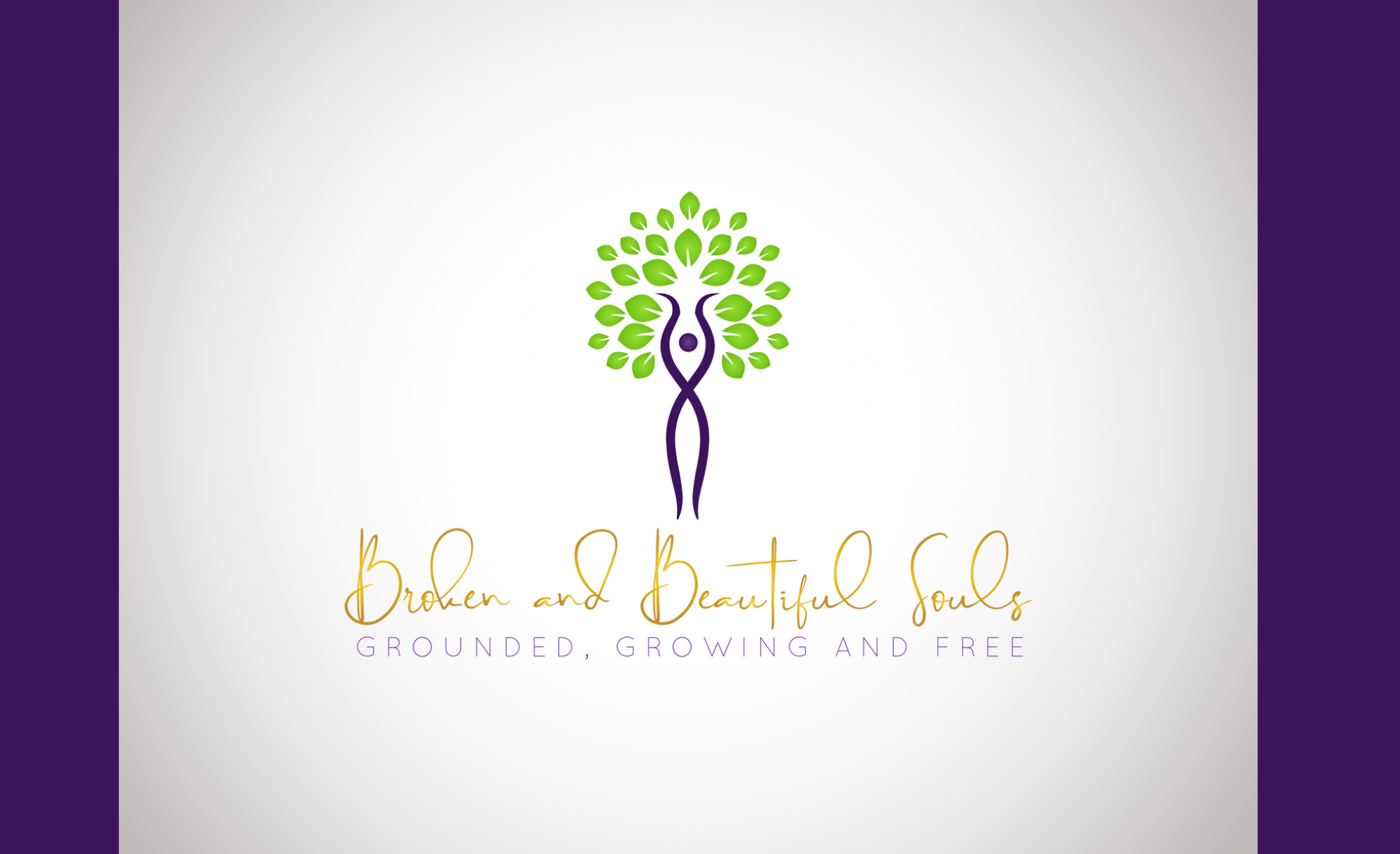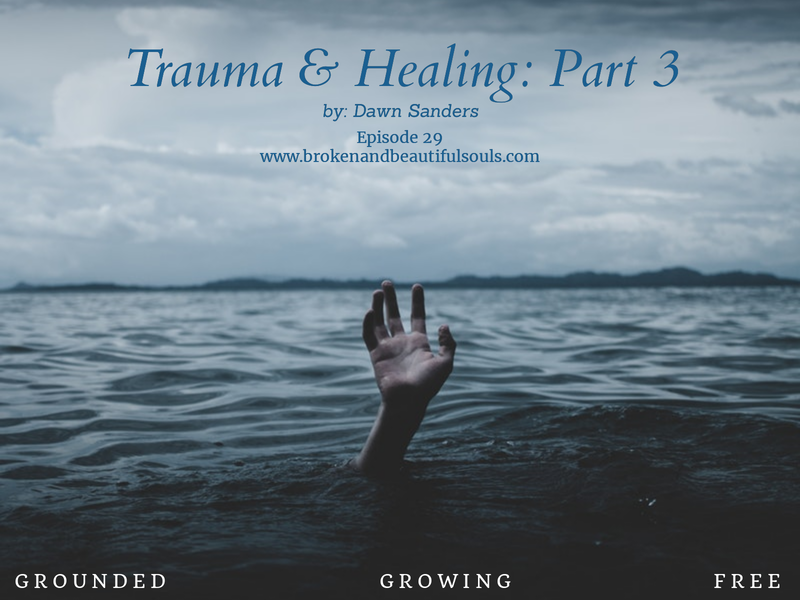Secondary Trauma, also known as Vicarious Trauma, is the lesser known sibling of trauma. A secondary trauma victim rarely understands why she feels disrupted; she feels as if her body has been hijacked. It is terribly confusing for the brain to sort this out when the direct trauma(s) did not happen to the helper or observer. Join Dawn today as she helps to unravel the unique features of Secondary Trauma.
~~~~~~~~~~~~~~~
“Who knows why God allows heartbreak, but the answer must be important because God allows His heart to break too.” ~Ann Voskamp
Show Notes:
Like primary trauma, Secondary trauma comes in various sizes, forms and packages.
Secondary Trauma
- Defined:
“a deeply distressing or disturbing experience.” ~Dawn’s dictionary
“indirect exposure to trauma through a first-hand account or a narrative of a traumatic event.” ~Psychiatric Times
- Secondary trauma, also known as Vicarious Trauma, can happen to a person who witnesses trauma first hand or even through a narrative or a story that comes through another person.Even an exposure to those stories can cause secondary trauma.
- There is hyper-arousal that occurs inside a caregiver’s body as they care for someone who has been harmed.Oftentimes, the impact the traumatic event has had on a person is diminished as the helper naturally moves into a state of shock.
- Shock is the body’s protective mechanism to survive the event. Such events can be followed by your thoughts and family’s and friends’ words to normalize the event.
- Dawn’s Story: Dawn witnessing Larry’s seizure and fall on the Tram tracks in Italy
- The impact of trauma on the helper is pervasive and replicates the impact of the traumatic reaction.
- When a person faces a significant stress or experiences a traumatic event, there are chemical and biological processes which take place for the primary trauma victim, as well as for the vicarious, or secondary trauma victim.
- Bessel van der Kolk, the author of The Body Remembers the Score, states that, “trauma is an individual experience impacted by the severity of the trauma, the genetic predisposition, the developmental phase when the trauma occurs, a social support system, prior traumas, pre-existing phobias and /or maladaptive behavior.”
- There are a lot of factors which influence how your brain and body responds to a traumatic event, no whether you are the primary or secondary victim.It is important to know and name the usual traumatic stress reactions in order to be aware of them when they are happening to yourself or another.
- The normal stress reactions that occur after trauma include immediate shock, numbness and disbelief, acute distress, dissociation and denial, short-term (1-6 weeks) of high-level arousal, intrusive thoughts or flashbacks or nightmares, poor concentration, disturbed sleep and appetite, irritability, persistent fear and anxiety, and avoidance behavior.
- Integration is an important feature to consider. You want your brain and body to integrate the story of trauma so that the information which needs to be kept can be remembered and the information that is no longer needed can be discarded.
- Bessel van der Kolk says that “the single most important issue for traumatized people is to find a sense of safety in your own bodies.”
- Paying attention to the answers to the questions of self-care brings you to the knowledge and power that was lost or harmed during the traumatic event, or, in the repeating of the event.
Helpful Coping Strategies:
- Acknowledge that you have been through a traumatic event or you have been in contact with others who’ve been through a traumatic event.
- Identify the primary challenges you are up against. Could your response to the trauma be as a result of being too often exposed to the trauma or is it more likely due to the intensity of the situation?
- Consider the resources available to you. What kind of reading can you do or where can you get help when you begin experiencing disruptions in your body from being exposed to trauma?
- Consider whether you are experiencing work overload.
- Having an unsupportive community or family or work supervisor can add to your experience of trauma stress. These people might not understand secondary trauma, its impact and the importance of working it through.
- Consider whether you are struggling with difficult personal circumstances that are affecting your ability to manage your trauma stress. Ask yourself questions like, ‘do you feel overloaded with a complex caseload? Do you feel a lack of training in managing the most difficult and challenging of circumstances?’.
- Other helpful considerations for helping your body cope, include: exercise (walk, run, bike), relaxation (yoga, massage, meditation), creative expression (music, art, other), maintenance of a balanced diet and sleep cycle, avoidance of stimulant use (caffeine, nicotine, sugar), commitment to doing something meaningful and personal on a daily basis, journaling your experience (helpful for yourself and others), and/or offer to give back in some way or pay it forward to other victims.
- Create a time to put traumatic memories and symptoms to rest and reconnect with others.
- Find ways to be calm and focused in response to the images, thoughts, sounds, and/or physical sensations that remind you of the past trauma event.
- Develop a way to be fully alive in the present and engaged with those whom you spend time.
- Avoid keeping secrets from yourself and others about the ways you have managed to survive.
- Practice naming honestly.
- Practice self-regulation, mindfulness, self-compassion, and deep breathing.
“The challenge of recovery is to establish ownership of our bodies and ourselves. This means feeling free to know what you know and to feel what you feel without becoming overwhelmed, enraged, ashamed, or collapsed.” ~ Bessel van der Kolk

